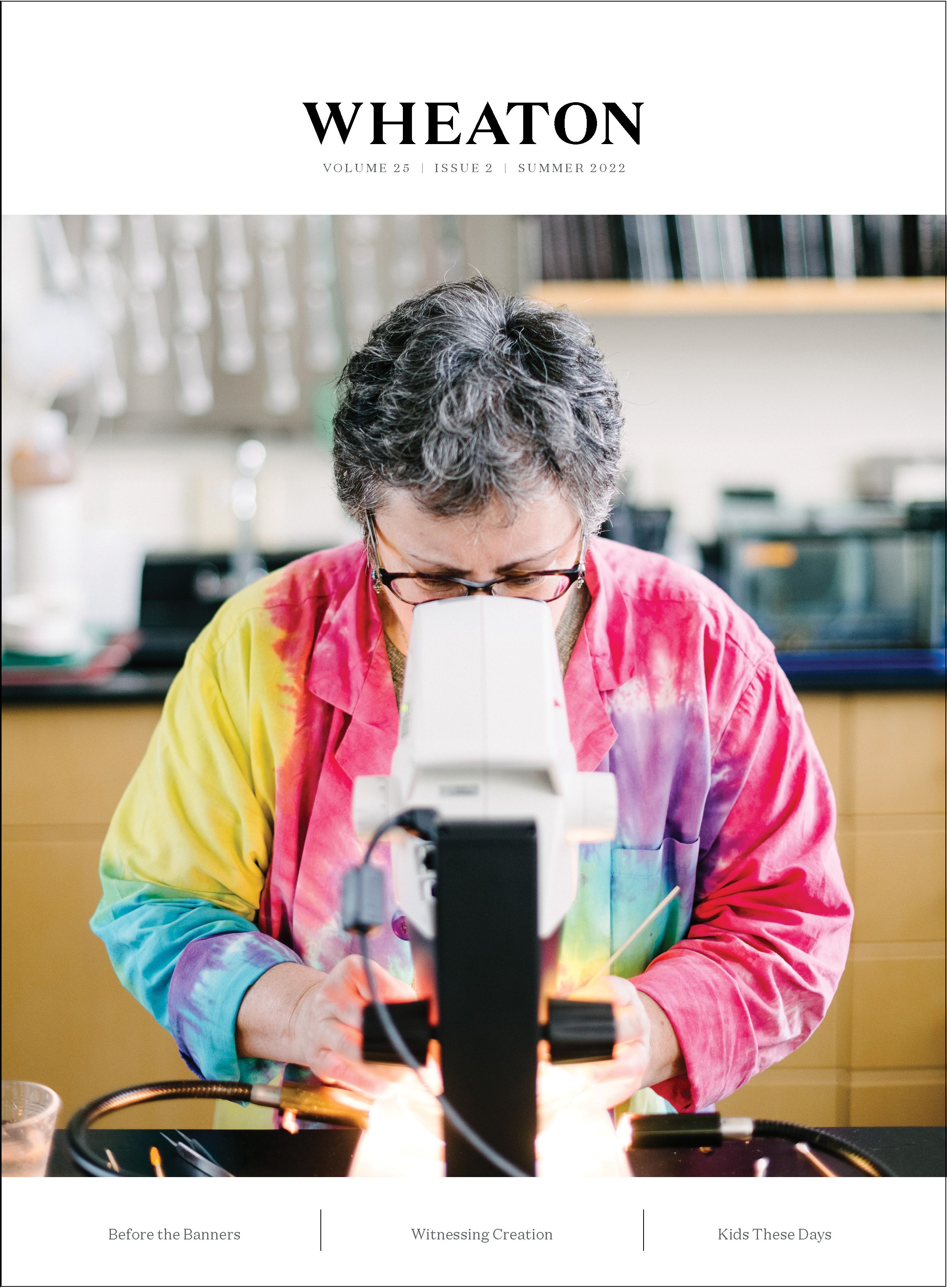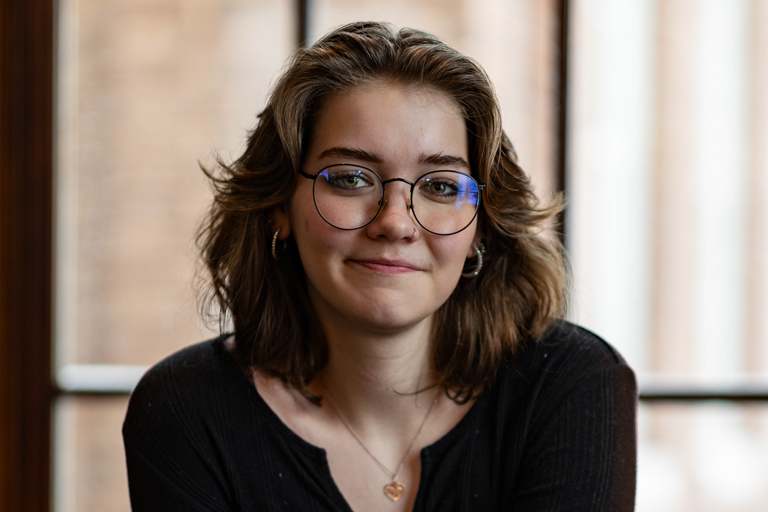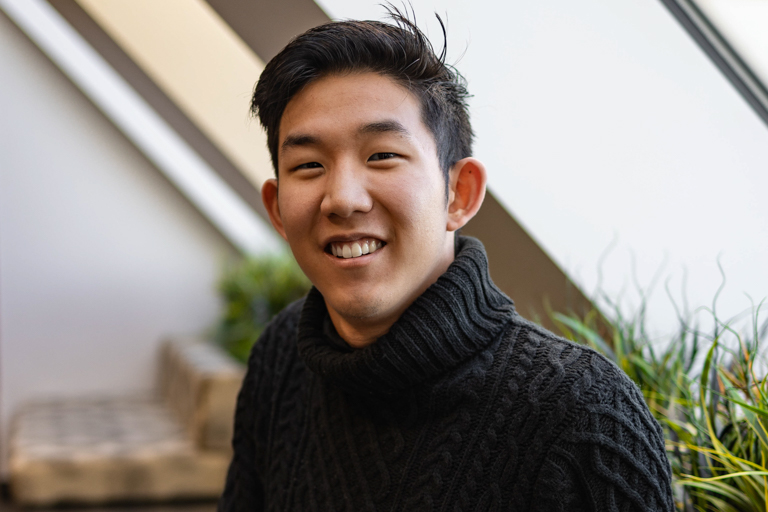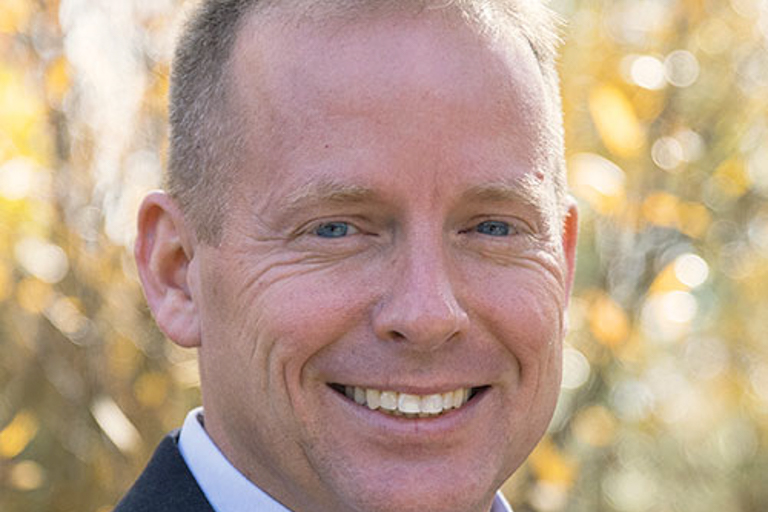When Old Words Open Doors to New Beauty
From reading the Bible in its original language to wrestling with old Greek philosophies, Samuel Reich ’22 shares his awe of the power of language to simultaneously transport readers to the past and help them envision a more hopeful future.
Words: Eliana Chow ’21

“That’s part of the beauty of studying these languages; it opens doors for you to see things in a different light.”
By the time he was halfway through highschool and on the lookout for potential career paths, Reich discovered through self-reflection that he was detail-oriented, deeply fascinated with Scripture, and hopeful to eventually teach at the university level. Language study seemed like a natural fit for his interests and skill sets. Those early moments of introspection and exposure to the possibilities of language soon set Reich on the path to studying classical languages (Greek, Latin, and Hebrew) as an undergraduate at Wheaton College.
Looking back as a recent graduate, Reich brims with gratitude for the scholarly and spiritual community he found throughout his time at Wheaton. The smaller-sized classes in the Department of Classical Languages emphasized participation and hands-on learning, compared with some of the more lecture-heavy courses in other fields.
“You walk into a class, and the professor might take some time at the beginning to explain new grammar, but for the rest of the period, you go around the room taking turns to translate the material,” Reich explained. “Because of the interactive nature of the classes, you really get to know the professors and your peers, and vice versa.”
On a personal level, Reich found tangible meaning throughout his study of these rich texts and their original languages. Throughout the classical languages program, students accumulate an expansive repertoire of vocabulary, grammar structures, and quirks within their language(s) of choice. From parsing the basics of a sentence to studying full texts by ancient philosophers, writers, and theologians from over 2,500 years ago, the work certainly rewards itself.
“It’s nuts!” Reich exclaimed. “We are able to be a part of that history by interacting with these texts in the original language. That experience is incredible.”
Reich also had the chance to complete an honors thesis as part of his senior-year studies, focusing on how Lucian of Samosata, a Greek writer during the second century A.D., satirized the notion of theodicy in his comic dialogues.Through this independent research project, Reich took a step beyond his day-to-day language study to exercise literary and philosophical analysis, criticism, synthesis, and research.
“In addition to simply teaching you the language, classical languages faculty at Wheaton help you become a person who’s better equipped to make reasoned judgments even from the minutiae of the language’s grammar and little translation snippets,” Reich said. “You become a person who’s able to wrestle with bigger issues of theology and philosophy that are found in these ancient texts and relevant to our modern day.”
Reich also praises the program’s legacy for training up Christians from all walks of life in familiarity with these rich, ancient, and biblical languages. Regardless of experience levels, major course of study, and future career hopes, any Wheaton student is welcomed with open arms into the department and its offerings.
“The professors aren’t out to inundate you with really hard grammar,” Reich emphasized. “The classes are challenging, but the professors do an excellent job of presenting the material in a way that is entertaining, meaningful, and graspable. It’s really special that Wheaton has these courses and faculty, and students should take advantage of it.”
Reich has been conducting his daily devotional times in Greek and Hebrew for the past several years, a practice he hopes to continue as he embarks on a master’s degree in classics at the University of Notre Dame starting this fall. Although many people’s response to finding out Reich studies Greek and Hebrew is to ask him what the Bible really says, he finds that oftentimes knowing the root language of a text raises more questions than answers.
“That’s part of the beauty of studying these languages; it opens doors for you to see things in a different light,” he reflected. “That’s not necessarily to say you have all these lightbulb moments where you fully understand what a passage is trying to say. Much of the time you’re just trying to parse the verbs and looking up words in the dictionary. But whether or not we come to definite conclusions, there’s something meaningful and valuable in wrestling with the meaning of Scripture and reading God’s Word unmediated by translation.”

.jpg)


